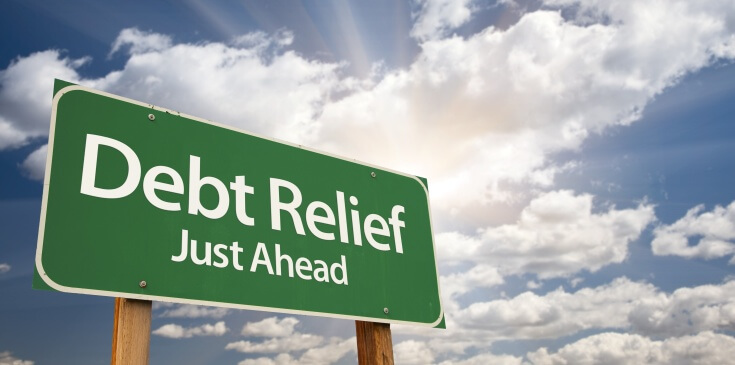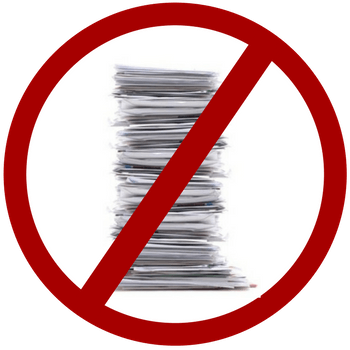BK Questions
Call (951) 274-9501 Now
Se Habla Español
FAQ’s About California Bankruptcy Information
What Exactly is Bankruptcy, Anyway?
Simply put, bankruptcy is a legal process in which a person that is unable to pay their bills is provided the opportunity to get a new financial start. Federal law provides a person the right to file bankruptcy, thus all cases of bankruptcy are handled in a federal court. A new bankruptcy filing will quickly prevent your creditors from attempting to collect any debt from you..
How Will a Bankruptcy Filing Help Me?
With bankruptcy, you will find that it will become possible to
1) Eliminate your legal obligation to pay most if not all of your current debts which is referred to as “discharge” of your debt.
2) Avoid foreclosure on your home, and give you the opportunity to get caught up on back mortgage payments. Keep in mind, however, that bankruptcy will not automatically eliminate a mortgage or other liens on your property.
3)Avoid repossession of your vehicle and other possessions, and even possibly require that a creditor returns any property to you, even after it has already been repossessed. 4) Prevent garnishment of your wages, stop harassment from debt collectors. 4) Get utility service(s) restored and stop any pending termination. 5) Challenge creditor claims that are attempting to defraud you and pursue collections of an amount that is higher than what is really owed.
Will a Bankruptcy Filing Stop the Bill Collectors From Contacting Me?
Absolutely! Something called an “automatic stay” will stop bill collectors from taking further action to collect the debt. When a creditor becomes aware of your filing for bankruptcy protection, they are required to terminate any collection efforts immediately. If a creditor does continue to attempt to make collection efforts after they have been informed of the bankruptcy, they can be held liable for their actions.
What Different Types of Bankruptcy Should I Consider?
The law provides for 4 different types of bankruptcy cases. Chapter 7 and Chapter 13 are the most common for individuals, and we will help you determine which option is right for you.
Chapter 7: aka “liquidation” or “straight” bankruptcy. Requires a debtor to give up property that exceeds limits known as exemptions, in order for the property to be sold and the proceeds used to pay creditors.
Chapter 11: aka “reorganization” – used mostly by business entities and some individuals with very large debt.
Chapter 12: Specifically for family farmers.
Chapter 13: aka “debt adjustment”. This form of bankruptcy requires the debtor to file a plan to pay their debts from their current income.
How Much Does It Cost to File for Bankruptcy?
Currently, the cost for a Chapter 7 filing is $306, and the cost for Chapter 13 is $281. It’s possible that the court will allow you pay in installments for your filing fee if you are unable to fully pay in advance. Any attorney’s fees are in addition to this amount.



What Property Will I Be Able to Keep?
With Chapter 7, you are allowed to keep all property that the law determines to be exempt from creditor’s claims. With Chapter 13, you are allowed to keep all of your property, providing that your plan meets the bankruptcy law’s requirements. We will provide more information and detail in your initial consultation, or as we get more detail about your case.
Is Bankruptcy Going to Wipe Out All of My Debts?
Yes, with some exceptions, which will be further explained in your personal consultation.
Will I be Required to Appear in Court?
With most cases, you only need to attend a proceeding that is called a “meeting of creditors”, in which you meet with the bankruptcy trustee, as well as any creditors who choose to attend. In most cases, this meeting is a short, simple procedure where you are asked some questions regarding your bankruptcy forms, and your financial situation.
Will My Credit Be Affected?
The answer to this question is on a case-by-case basis. For example, if you’re backed up on your bills, you may have already suffered a negative impact on your credit, for which a bankruptcy case will probably not cause it to be affected any more negatively. A bankruptcy filing may appear on your credit reports for up to10 years, but since bankruptcy clears away your previous debts, you are most likely now in a more favorable position to pay your current bills, and more likely to be able to obtain new credit.
Can I File on My Own if I’m Married?
Yes, however, your spouse will still be liable for any debts that you held together. Filing together allows you to double your exemptions, and in cases where only one spouse has debts, or one spouse has debts that cannot be discharged, it may be advisable for only one spouse to file. In the event the spouses do have joint debts, it is possible that the discharged debt of one spouse could show on the credit report of the other spouse.
How Often Can I File for Bankruptcy, if Necessary?
You will not be able to receive a discharge in a Chapter 7 bankruptcy case if you have previously received a discharge under a Chapter 7 case that was filed in the last 8 years, or a Chapter 13 case that was filed in the last 6 years. Also, you will not be able to receive a discharge in a Chapter 13 case, if you have previously received a discharge under a Chapter 7 case that was filed in the last 4 years, or a Chapter 13 case that was previously filed in the last 2 years.
 Overwhelmed with Overdue Bills and Creditors?
Overwhelmed with Overdue Bills and Creditors?Call (951) 274-9501 for Help Now
For a Free Consultation with an Attorney!Contact Us
